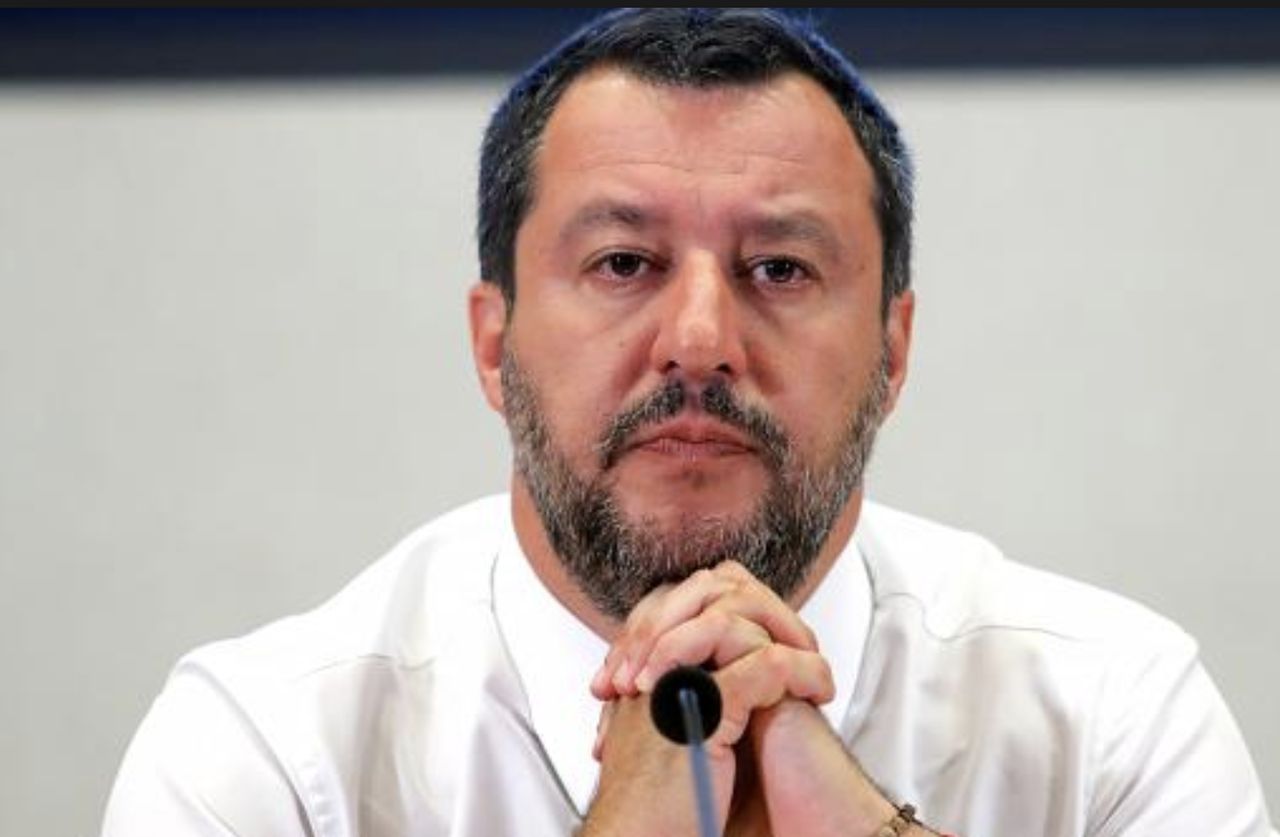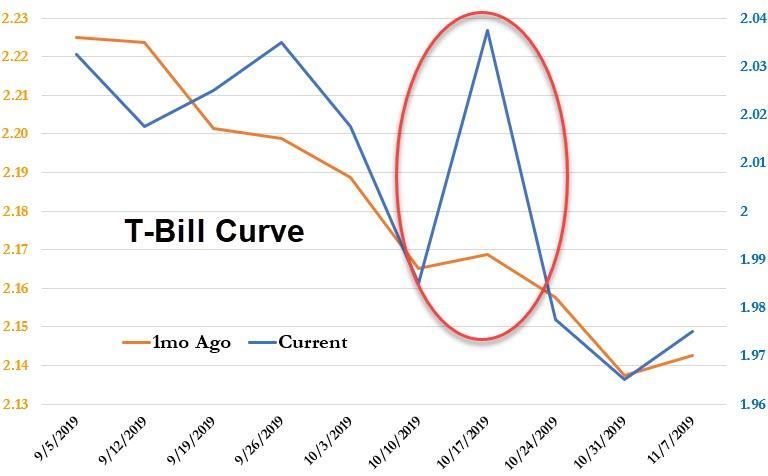This Doe v. Doe case was filed Monday in San Francisco Superior Court; plaintiff (described only as a “business executive”) is suing defendants for libel, false light, and harassment, but it’s basically a libel claim:
On or about May 21, 2019, Defendants caused to be published false and unprivileged statements directly injuring Plaintiff in his business and professional reputation by expressly stating in a written flyer … that Plaintiff is “an abuser.” The Flyer identified both Plaintiff and his employer’s names and their incomplete email addresses, as well as the hashtags: “#BelieveVictims” and “#SupportSurvivors.” … Defendants retained and paid individuals … to distribute copies of it outside of a nearby event space where Plaintiff was speaking at a private conference sponsored by his employer.
Now I understand why the plaintiff wants to be anonymous—if he is identified, then more people will hear of the accusations against him, even if he’s ultimately vindicated (or, as is more likely, the case eventually settles). But nearly all criminal defendants (except the very few whose identities have already become widely known), most civil defendants, and nearly all libel plaintiffs would prefer anonymity for the same reason; yet that’s not the way that our system works.
As Seventh Circuit Judge Richard Posner put it (in an opinion joined by Judges Frank Easterbrook and Ilana Rovner), “Judicial proceedings are supposed to be open, … in order to enable the proceedings to be monitored by the public. The concealment of a party’s name impedes public access to the facts of the case, which include the parties’ identity.” Indeed, even the great bulk of sexual harassment cases are litigated under both the plaintiffs’ and defendants’ real names.
There are, to be sure, exceptions; victims of outright sexual assault are generally allowed to use pseudonyms, for instance. Minors usually litigate under pseudonyms (whether John Doe or initials such as M.V.). Facial challenges to government actions—such as claims that a speech restriction is unconstitutionally overbroad on its face—are sometimes brought pseudonymously, with little controversy because the identity of the particular plaintiff is largely irrelevant in such cases (I was involved as a consultant in one such case). There are some other categories as well.
But, again, they are exceptions. That one has been accused—perhaps falsely—of bad behavior (e.g., sexual harassment as an employer) is generally not seen as sufficient to justify concealment of one’s name, whether one is a libel plaintiff, a sexual harassment civil defendant, or a criminal defendant.
What’s more, if the legal system really commits itself to concealing a libel plaintiff’s identity, it will have to suppress a great deal of information at the heart of the case, including the specific statement that’s alleged to be libelous. After all, even if the plaintiff’s name is redacted from the statement, there will often be enough to identify the plaintiff—for instance, in online libel cases, if the material hasn’t yet been removed, including any part of it in court filings may make it easy for people to just Google that part and see the whole statement. (The wrongful search optimization lawsuit I blogged about two weeks ago is an example of that; I found the underlying facts using Lexis, a pay service, but I think they could have been found via Google as well.)
That may push the court towards not just allowing pseudonymity but also sealing the allegedly libelous statements that are at the very heart of the litigation (as I’ve seen happen in at least two pseudonymous libel lawsuits). And that would make it much harder for the public to monitor how courts are resolving the libel lawsuits—and in the process monitor (and perhaps critique) when and why courts are restricting defendants’ speech, whether through damages awards or injunctions.
Of course, a court could adopt pseudonymity without sealing, perhaps on the theory that pseudonymity will at least expose the plaintiff’s identity less to casual searchers, even if determined reporters (and others) who really want to cover the case can figure out what’s going on. But my sense is that allowing a libel plaintiff to proceed as a Doe is often just the first step towards broader public access restrictions as well.
In any event, I thought I’d flag this case as an interesting example of this broader question—and an interesting consequence of the recent increase in public attention to alleged sexual harassment. I hope to write about a few other such cases in coming months as well.
from Latest – Reason.com https://ift.tt/2LBdliL
via IFTTT





